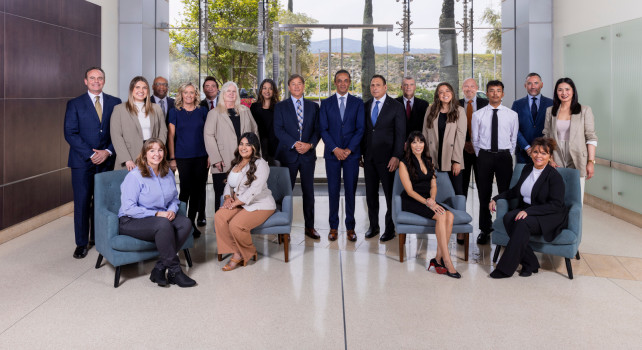
Safeguard Investment Advisory Group
Reviews Summary
About This Listing
Who Can Work with a CPA?
*Note: CPAs may specialize in different areas. Be sure to check credentials and service offerings.*
First-Time Clients
If this is your first time working with a CPA, don’t worry — most professionals offer a free consultation and will walk you through what to expect. You may be asked to complete an intake form, share financial documents, or set clear goals for your session.
What to Know Upfront:
*Note: Every CPA operates a bit differently. Don’t hesitate to ask questions before committing.*
What to Bring
*Tip: Organize your documents in advance to save time and ensure accuracy.*
Preparing for Your Appointment
*Note: Preparation helps you make the most of your CPA’s expertise.*
How to Get Started
Other Helpful Info
*Note: Every CPA is different — take time to find one who fits your goals and style.*
Features
Contact Information
Address
4160 Temescal Canyon Rd #307
Corona, California 92883
Phone
+1 951-667-4969Hours
Customer Reviews
My husband, Cory, and I were referred to Safeguard Investment Advisory Group by a good friend of ours. When my husband decided to retire we went to Safeguard Investment Advisory Group, meeting with Rick Rivera, and have been with this group for over 15 years. The staff are very friendly, offering a variety of drinks (non-alcoholic) and if you want a warm chocolate chip cookie, they have that too.We have never regretted moving our money to Safeguard Investment. They have also assisted my financial planning
Over the past 35 years I've had the opportunity to work with a number of financial planners. None were able to deliver the broad base of knowledge and more importantly the level of personal attention that Safeguard Advisory Group investments provides for its clients. I was first introduced to Reid Abedeen by my mother 20 years ago. Mom was a product of the Depression and not one who would easily handover her trust in financial matters to just anyone. It wasn't long before Mom became one of Reid?s biggest ad
My husband and I have been clients of Safeguard for more than twelve years. Reid Abedeen and his staff are so knowledgable and helpful for all of our needs. They are always up to date on our investments and the latest financial news. They make us feel like we are part of a family and we highly recommend them!
I was actually with another firm, but attended a Safeguard workshop in an effort to obtain a little more insight and some new options that might be available to update my current portfolio. Well, attending the workshop lead to a consultation which ultimately lead to my becoming a Safeguard Client. The value percieved and service provided was unparalleled to my previous experience. I'm definitely on path towards a more secure future and a Safeguard client for life.
Outstanding in every way. Staff service extraordinary. My first year as client makes me wish I had found them earlier.